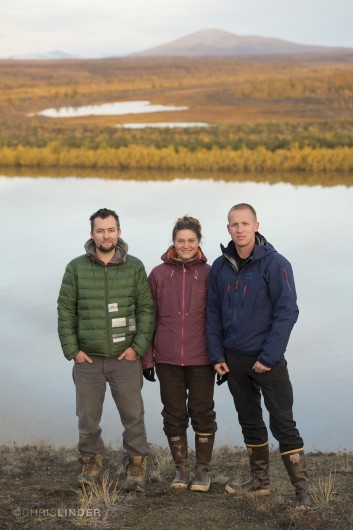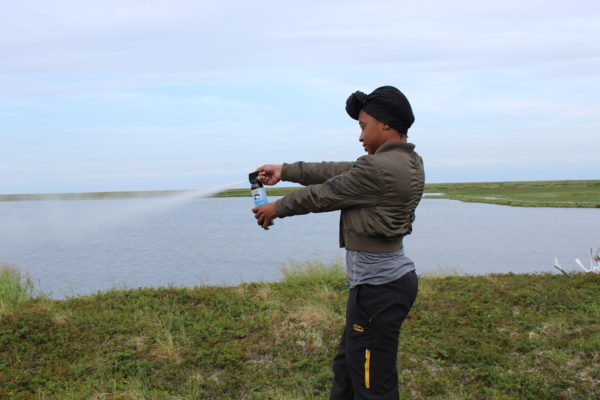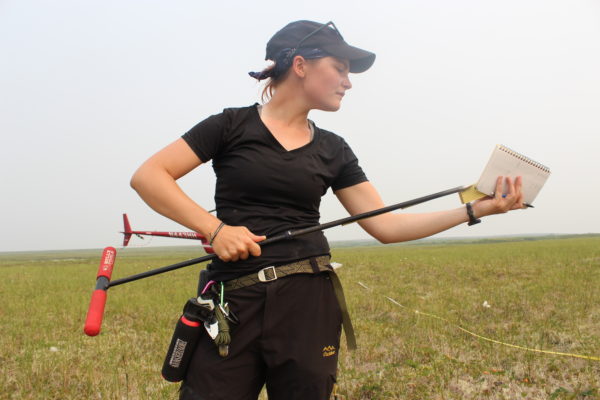Last week (May 18-23) marked the first annual Association for the Sciences of Limnology and Oceanography’s Joint Aquatic Sciences Meeting (JASM). While the Polaris showing at the JASM wasn’t quite as impressive as AGU, a solid group of Polaris students and related researchers made excellent presentations, including the entire (three member!) Carbon Bomb team: Rob Spencer, Paul Mann, and myself.
Before this meeting, I had only been to the AGU Fall Meeting – a huge event spanning many disciplines of the Geosciences. Being at a smaller, more focused meeting was easier in many ways – both to connect with Arctic and geochemistry researchers as well as to plan your meeting schedule without being overwhelmed; however, aquatic science is broad in its own way, and there was a great deal of aquatic biology and ecosystems research being presented.

The Carbon Bomb 2013 Team (here in Cherskiy) reunited in Portland at the Joint Aquatic Sciences Meeting last week
I presented Polaris research from 2013, where we found that the input of highly biologically available carbon from Yedoma permafrost thaw streams enhances river carbon turnover. This is indicative of a priming effect, where easily consumed Yedoma carbon provides quick energy to microorganisms that allows them to tackle larger, more complex river carbon compounds.
It was ideal timing to present this data to the scientific community, as the week prior I had presented it to the Rotary Club of La Jolla (who partially funded my participation in Polaris 2013), and tomorrow I will present it to an AP Environmental Science class and Interact Club at my old high school. Through a combination of outreach and scientific presentations, I have been able to gain great perspectives on how my research can be important, valid, and relevant to other research in the field, as well as meaningful to the public. I have also learned to communicate this research in a way that is accessible to a wide variety of people, a skill I plan to use and improve as I continue to pursue Arctic Systems research.



